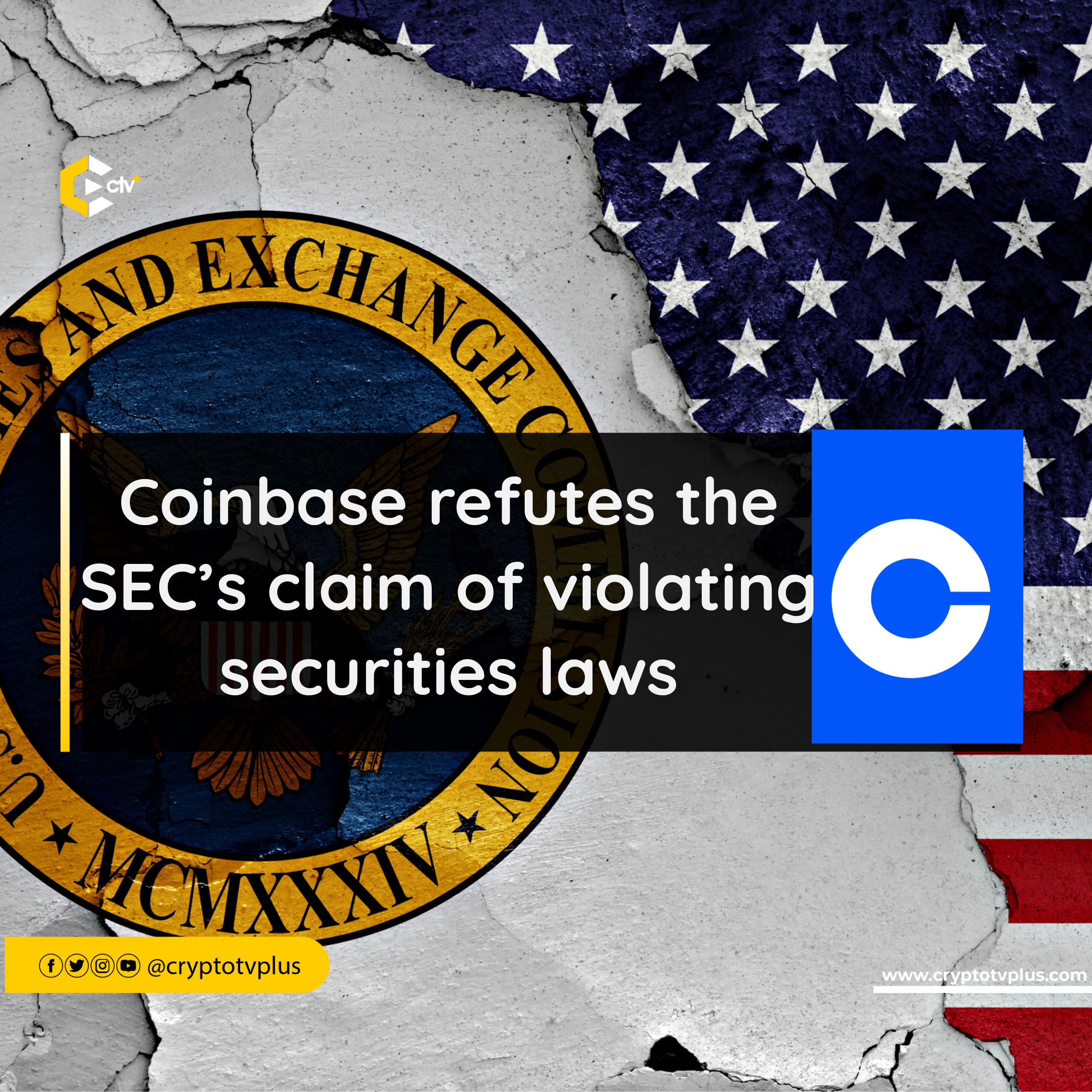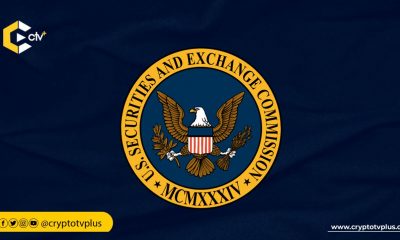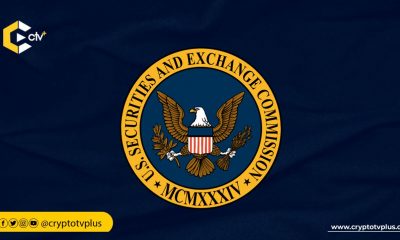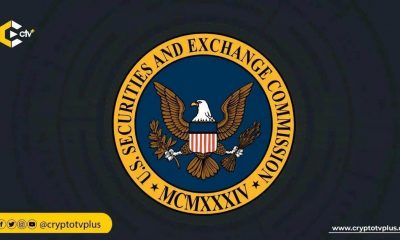News
Coinbase refutes the SEC’s allegations of violating securities laws

Coinbase, Inc. and Coinbase Global, the largest digital asset exchange in the United States, have filed an answer in the U. S. District Court for the Southern District of New York in response to the Securities and Exchange Commission’s (SEC) complaint against them. The response aggressively rejects the SEC’s assertions and challenges the Commission’s regulatory power over digital asset exchanges.
Since 2019, the SEC has accused Coinbase of failing to register as a national securities exchange, broker, or clearing agency. Coinbase, on the other hand, claims that it has never operated as a securities exchange, broker, or clearing agency. The company maintains that the SEC’s accusations are false and that the SEC authorized Coinbase Global Inc.’s registration statement in April 2021, allowing its shares to be sold to retail and institutional investors.
Coinbase highlights the extensive discussions it had with the SEC and the thorough review process it underwent before its registration statement was declared effective. At that time, the SEC did not indicate that Coinbase needed to register as an operation. Coinbase asserts that the SEC’s change in position is not based on any material changes to its business or new information.
The answer also references previous statements by SEC Chair Gary Gensler, who testified before Congress in May 2021 that the Commission lacked statutory authority to regulate businesses like Coinbase. Coinbase argues that the SEC’s assertion of regulatory authority over digital asset exchanges is legally unsupported, violating due process and the constitutional separation of powers.
One main argument put forth by Coinbase is that the assets traded on its platform are not within the SEC’s authority because they do not qualify as “securities.” The company contends that the SEC’s definition of “investment contracts” does not apply to their transactions, as there are no ongoing business obligations involved. Coinbase maintains that the value derived from these transactions is inherent in the assets, independent of any underlying businesses.
Furthermore, Coinbase emphasizes that no court has interpreted an “investment contract” to include stand-alone asset sales or arrangements without an obligation for the seller to operate a business for the buyer’s benefit. The answer aims to challenge the SEC’s claims, asserting that Coinbase has not violated securities laws and questioning the Commission’s authority to regulate digital asset exchanges.
Coinbase has expressed its willingness to comply with regulations and has actively engaged with various state and federal authorities. The company has obtained licenses from the New York Department of Financial Services (DFS), is regulated by the Financial Crimes Enforcement Network (FinCEN), and holds money transmitter licenses in multiple states.
Paul Grewal, Coinbase’s Chief Legal Officer, stated that the exchange is open to conversation with any regulator, including the SEC, at any time and believes that new legislation and rules are the best way ahead.
https://twitter.com/iampaulgrewal/status/1674271486004297735
As the legal battle between Coinbase and the SEC unfolds, it will be interesting to see how the court evaluates the regulatory authority of the SEC in the context of digital asset exchanges and whether the definition of “investment contracts” will be clarified to include or exclude stand-alone asset sales.
Read Also: Kucoin moves to mandate KYC checks on users
























